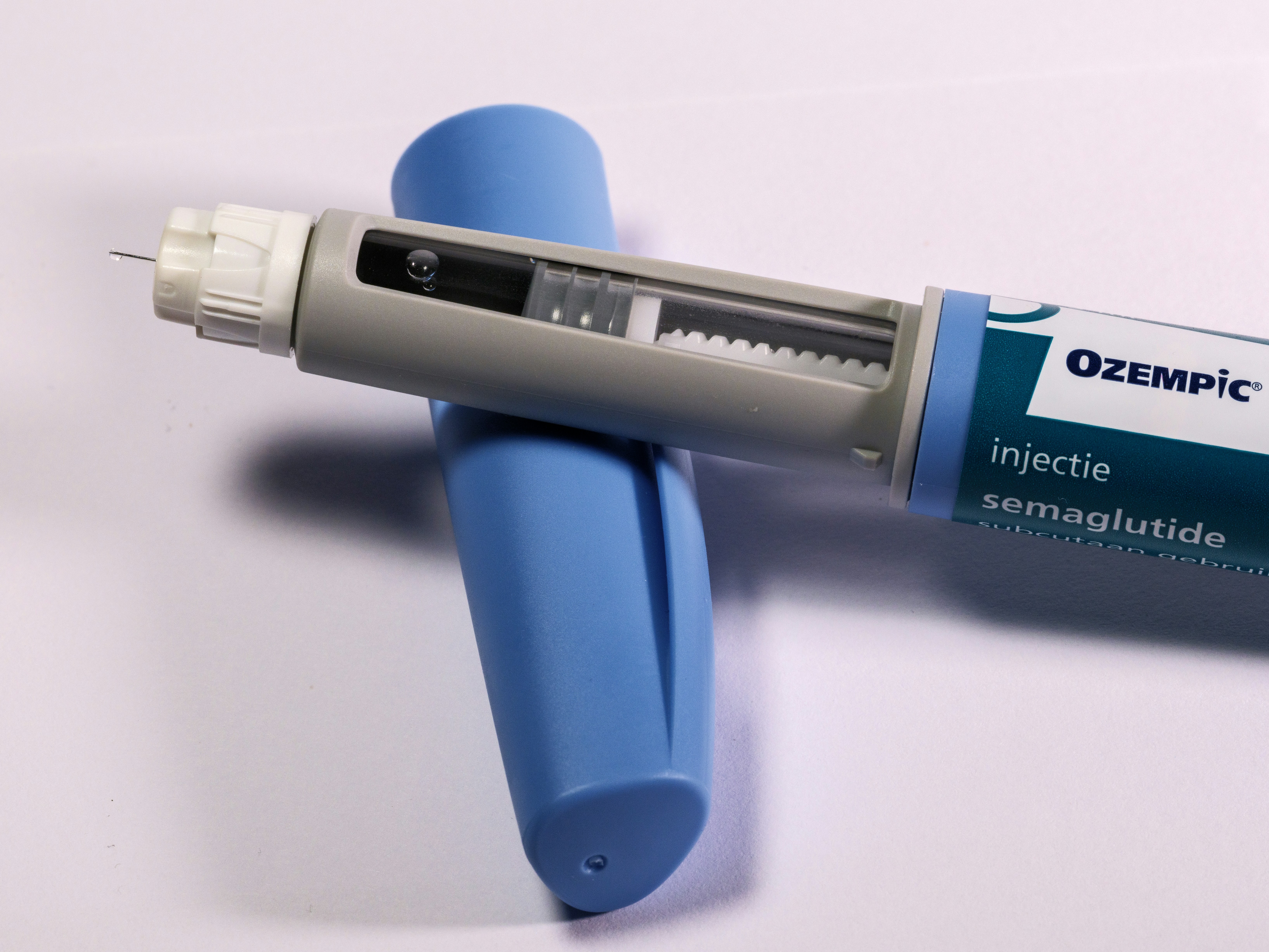News release
From:
GLP-1 diabetes drugs not linked to heightened suicidality risk
Despite previous concerns, findings provide rDespite eassurance about the psychiatric safety of these drugs, say researchers
Use of GLP-1 receptor agonists to treat type 2 diabetes is not associated with an increased risk of suicidality compared with two other groups of diabetes drugs known as DPP-4 inhibitors and SGLT-2 inhibitors, finds a large study of UK health data published by The BMJ today.
Despite previous concerns, these findings should provide some reassurance about the psychiatric safety of these drugs, say the researchers.
Recent reports linking GLP-1 receptor agonists to suicidal ideation and self-harm have raised concerns and prompted regulatory agencies to conduct comprehensive reviews of this drug class, but studies investigating this safety concern remain inconclusive.
To obtain a clearer picture, the researchers drew on anonymised data from the UK Clinical Practice Research Datalink (CPRD) for four groups of patients aged 18 years and over who were receiving drug treatment for type 2 diabetes.
The first two groups included 36,082 patients using GLP-1 receptor agonists and 234,028 patients using DPP-4 inhibitors between 2007 and 2020, while the other two groups included 32,336 patients using GLP-1 receptor agonists and 96,212 patients using SGLT-2 inhibitors between 2013 and 2020. All groups were monitored for a median of between 1.2 and 1.7 years.
The main outcome of interest was suicidality, defined as a composite of suicidal ideation, self-harm, and suicide. The researchers also analysed each of these events separately.
After accounting for a wide range of potentially influential factors including patient age, sex, socioeconomic status, diabetes severity, and a history of mental ill health, use of GLP-1 receptor agonists was not associated with an increased risk of suicidality compared with DPP-4 inhibitors (3.9 v 3.7 per 1000 person years, respectively) or an increased risk of suicidality compared with SGLT-2 inhibitors (4.3 v 4.6 per 1000 person years, respectively).
Similar findings were found when suicidal ideation, self-harm, and suicide were analysed separately in both groups.
The researchers acknowledge that these are observational findings, so no firm conclusions can be drawn about causality, and they can’t rule out the possibility that other unmeasured factors may have affected their results.
However, they point out that their study design reduces many of the biases common to other observational studies, and results were consistent after additional analyses, providing greater confidence in their conclusions.
As such, they say their results “indicate that GLP-1 receptor agonists are not associated with an increased risk of suicidal ideation, self-harm, and suicide when compared with DPP-4 inhibitors or SGLT-2 inhibitors among patients with type 2 diabetes. These findings should provide some reassurance with respect to the psychiatric safety of these drugs.”
This carefully conducted and adequately designed study adds to the existing literature on the safety of GLP-1 receptor agonists, say researchers in a linked editorial. “At this point in time, data from clinical trials and observational studies in broad populations do not indicate that GLP-1 receptor agonists increase the risk of suicidality,” they write.



 International
International


